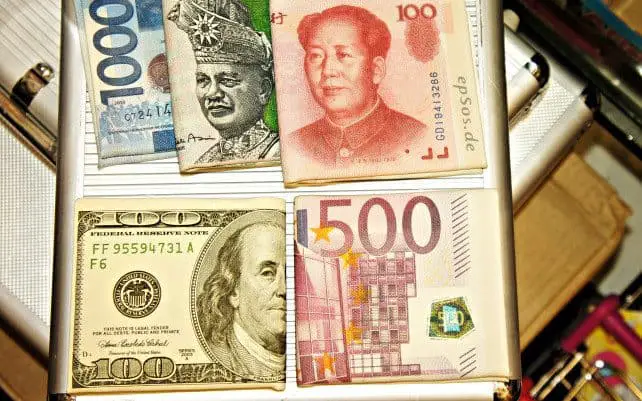
The best way to maximize your spending money in a foreign country is to know all the exchange options available. From settling your hotel bills to paying the cab driver, it will give you a pretty clear idea of what options to use. Of course, each method has its own set of pros and cons; it is still up to you to decide which option you find most suitable. Here are your possible options:
1. Credit Card

International banking has gone a long way over the years. You can now easily use a credit card issued by your own bank to pay bills incurred abroad. Average international transaction fees are usually between 2 and 3 percent of the amount charged, and in most cases, paying bills directly through your credit card will incur less fees than paying in cash.
Credit card payments are best for settling restaurant tabs, hotel bills and other ‘big expenses.’ As a general piece of advice, avoid paying in cash when you can swipe your card. Just make sure that you don’t use your credit card to withdraw cash advances from any ATM or you will be charged with multiple and excessive fees. Some banks may charge you up to $20 for each transaction you make, on top of fix local ATM fees and interest imposed on cash advances.
2. ATM or Debit Card

Withdrawing cash with your ATM card in a foreign country will cost you an additional 3 to 8 percent, though some banks may charge you much less. It would be wise to inquire about your bank’s international transaction charges and fees before you leave.
3. Cash
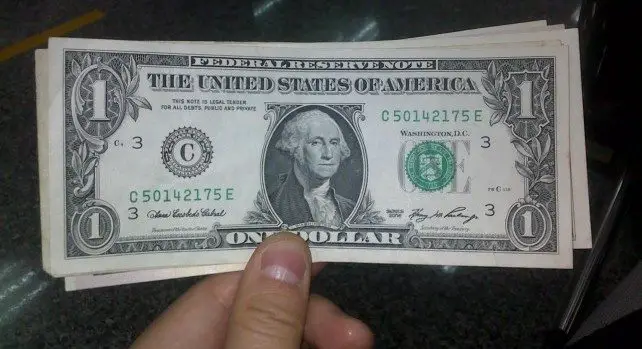
If you prefer to have cash ready for spending, try buy foreign currency from your bank a few days before your departure. Your bank may need a couple of hours or even days to process your request, depending on the amount of foreign currency you intend to buy. If you don’t have the time to visit the bank, you can make the transaction by placing a call to your home branch or by filling out a form online.
Buying foreign currency from your home branch may cost you about $10 per transaction. However, you can request the bank waive this fee and some other charges, depending on your personal circumstances (i.e. holders of platinum or gold cards, etc.). So make sure that you try this before proceeding to the actual transaction.
4. Foreign Currency Exchange Desks
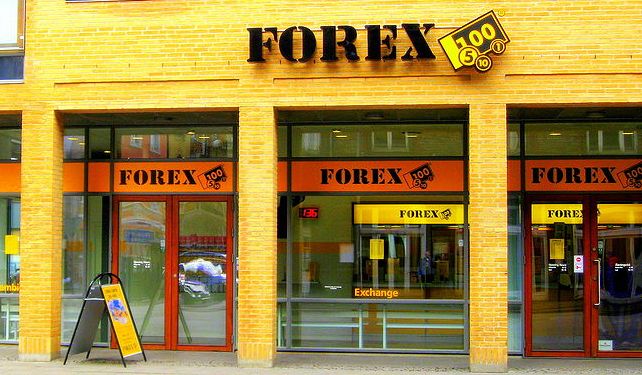
Nearly all international airports and big hotels have their own foreign-exchange desks that accommodate direct currency exchanges. The process is pretty simple: you hand-over your home currency and you will be given the local currency (minus the fees). The fees can be outrageous and ridiculous, depending on the exchange desk (airport, hotel, souvenir shop, etc.) you are dealing with.
Don’t trust the advertised rates of these exchange desks as well, as there may be loads of hidden charges bundled with your transaction. It is always best to save this option for rare emergency situations where you have no other option.










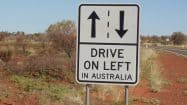










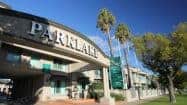
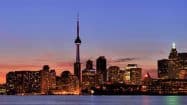
![Big Spender To Backpackers [infographic]](https://www.holidaypoint.com.au/wp-content/uploads/2014/03/GIO_BigSpendertoBackpacker_v3-e1394504863732-187x105.jpg)

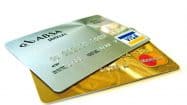

![For The Love Of Bbq [infographic]](https://www.holidaypoint.com.au/wp-content/uploads/2014/01/GIO_AussieBBQ_v2-e1390559463404-187x105.jpg)


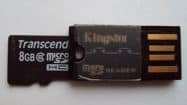
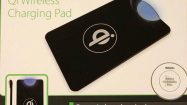
![Cities Of The Future [infographic]](https://www.holidaypoint.com.au/wp-content/uploads/2013/11/geek-travel2-e1384167225628-187x105.jpg)
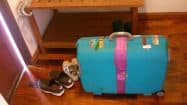









Do You Have a Question to Ask?